From September 5 to 6, 2025, the "The 7th Conference of East-Asian DAAD Centers," hosted by the Center for German Studies (ZDS) of Peking University, was successfully held in Room 208, Democracy Building. The conference featured 20 presenters from nine universities, including Peking University, Chung-Ang University, The University of Tokyo, Humboldt-Universität zu Berlin, Freie Universität Berlin, and others. They delivered insightful and well-researched keynote reports on the theme "East Asia and Europe in the Post-Globalization Era" from multidisciplinary perspectives such as history, politics, literature, philosophy, economics, and sociology. The conference attracted nearly 80 faculty and students from universities such as Peking University, Beijing Foreign Studies University, Beijing Normal University, University of International Business and Economics, Beijing International Studies University, and others.
At the opening ceremony, speeches were delivered by representatives including: Prof. Huang Liaoyu, Director of ZDS of Peking University and Professor of the Department of German Language and Literature; Prof. Chu Xiaobo, Director of the Office of Humanities and Social Sciences at Peking University and Professor of School of International Studies; Prof. Wu Jiewei, Vice Dean of the School of Foreign Languages at Peking University; Dr. Anna Janus, Cultural Attachée of the German Embassy in Beijing; Prof. Kim Nuri, Director of the Center for German and European Studies (ZeDES) at Chung-Ang University; Dr. Hiramatsu Hideto, Director of the Center for German and European Studies (DESK) at The University of Tokyo; Prof. Michael Kämper-van den Boogaart, Former Vice President of Humboldt-Universität zu Berlin and Professor of the German Department; and Dr. Stefan Rummel, Director of the Division for International Affairs at Freie Universität Berlin.
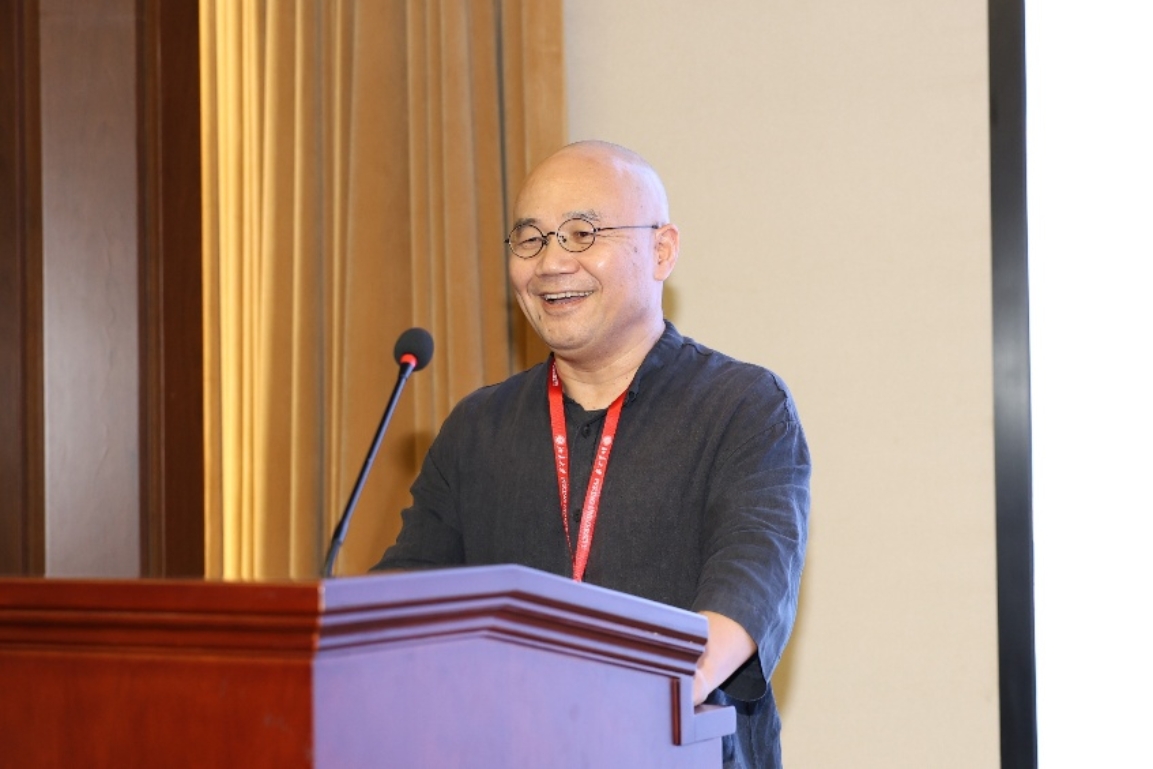
Prof. Huang Liaoyu delivering speech
In his speech, Prof. Huang Liaoyu pointed out that the conference theme bears strong practical significance, as the three East Asian countries and Germany are all beneficiaries and supporters of globalization. Facing the current wave of anti-globalization, he called on scholars to deeply explore the challenges and future of globalization from interdisciplinary and cross-cultural perspectives.
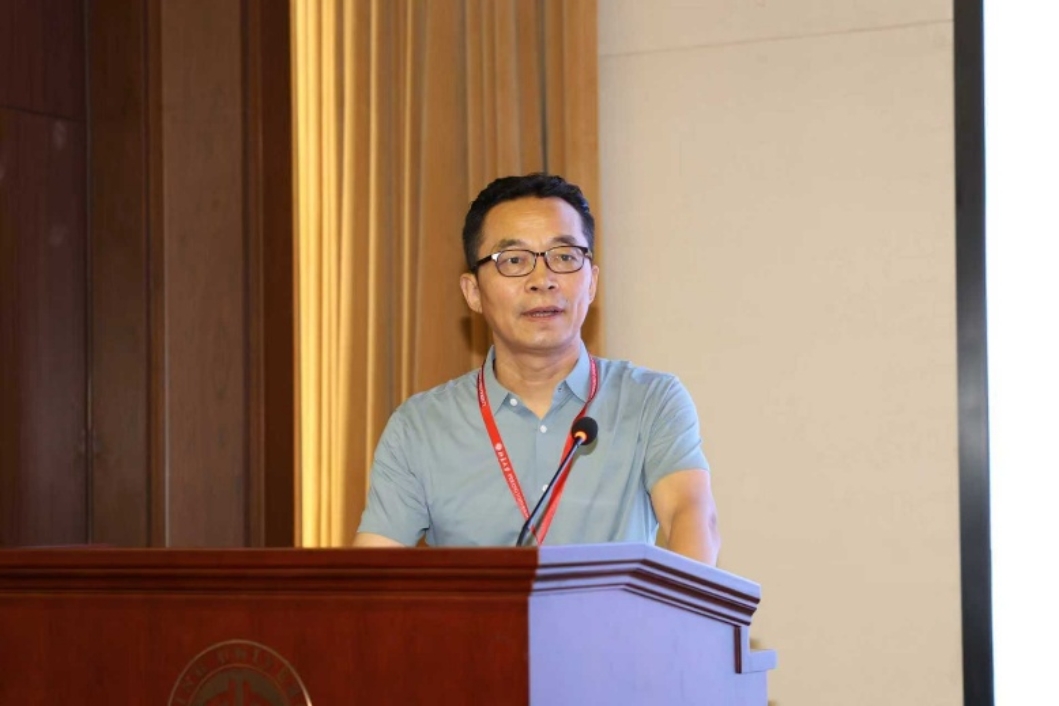
Prof. Chu Xiaobo delivering speech
Prof. Chu Xiaobo expressed his expectations for the conference with three keywords: "Significance," "Rationality," and "Hope". He noted that the conference, held on the occasion of the 80th anniversary of the end of World War II, is of great significance. Scholars should rationally confront current global challenges such as populism and protectionism, and defend the hope of building a Community with a Shared Future for Mankind.
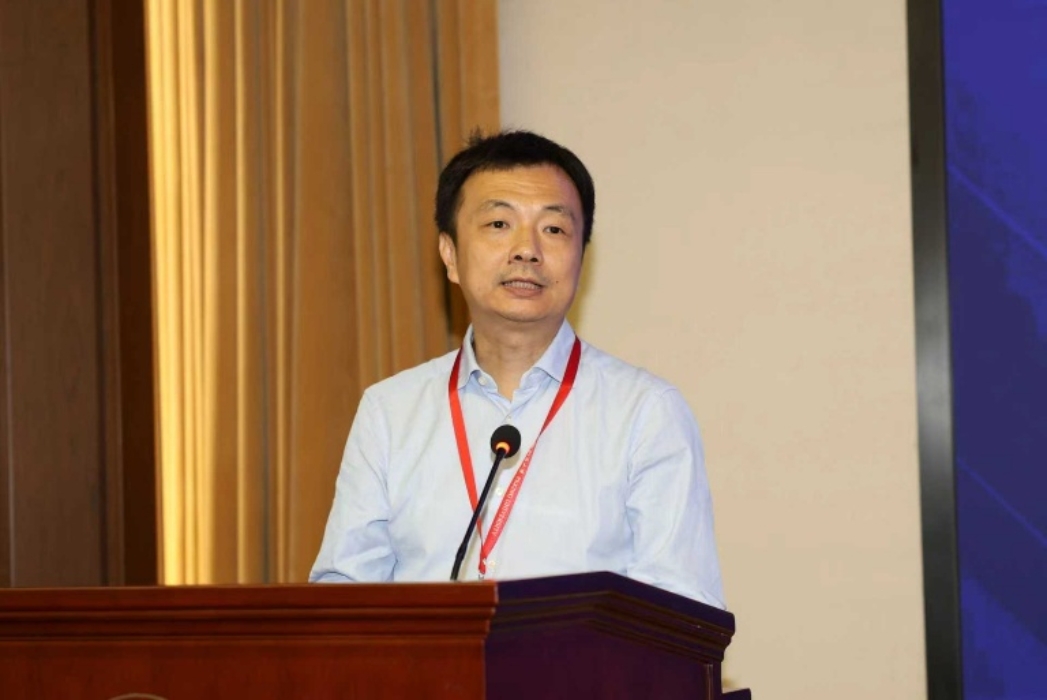
Prof. Wu Jiewei delivering speech
In his speech, Prof. Wu Jiewei pointed out the differences in globalization across regions and emphasized the importance of cross-civilizational dialogue. He stated that the conference not only aligns with contemporary issues but also reflects scholars' forward-thinking. On behalf of the School of Foreign Languages, he congratulated the successful opening of the conference.
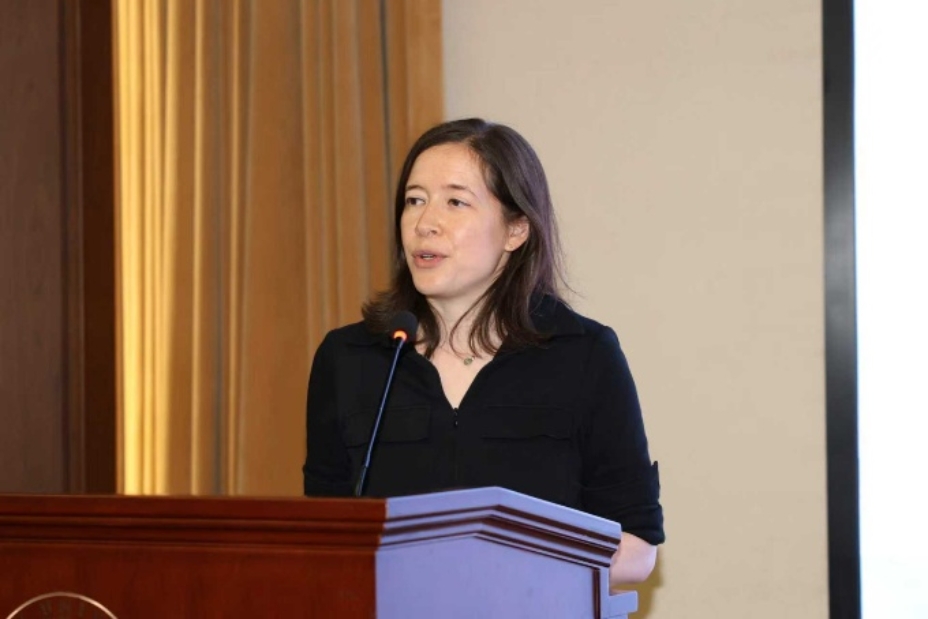
Dr. Yang Nianci delivering speech
Dr. Anna Janus emphasized that China is an important partner for Germany and appreciated the conference for bringing together scholars from multiple countries to engage in dialogue on global issues, demonstrating the foresight and responsibility of the academic community.
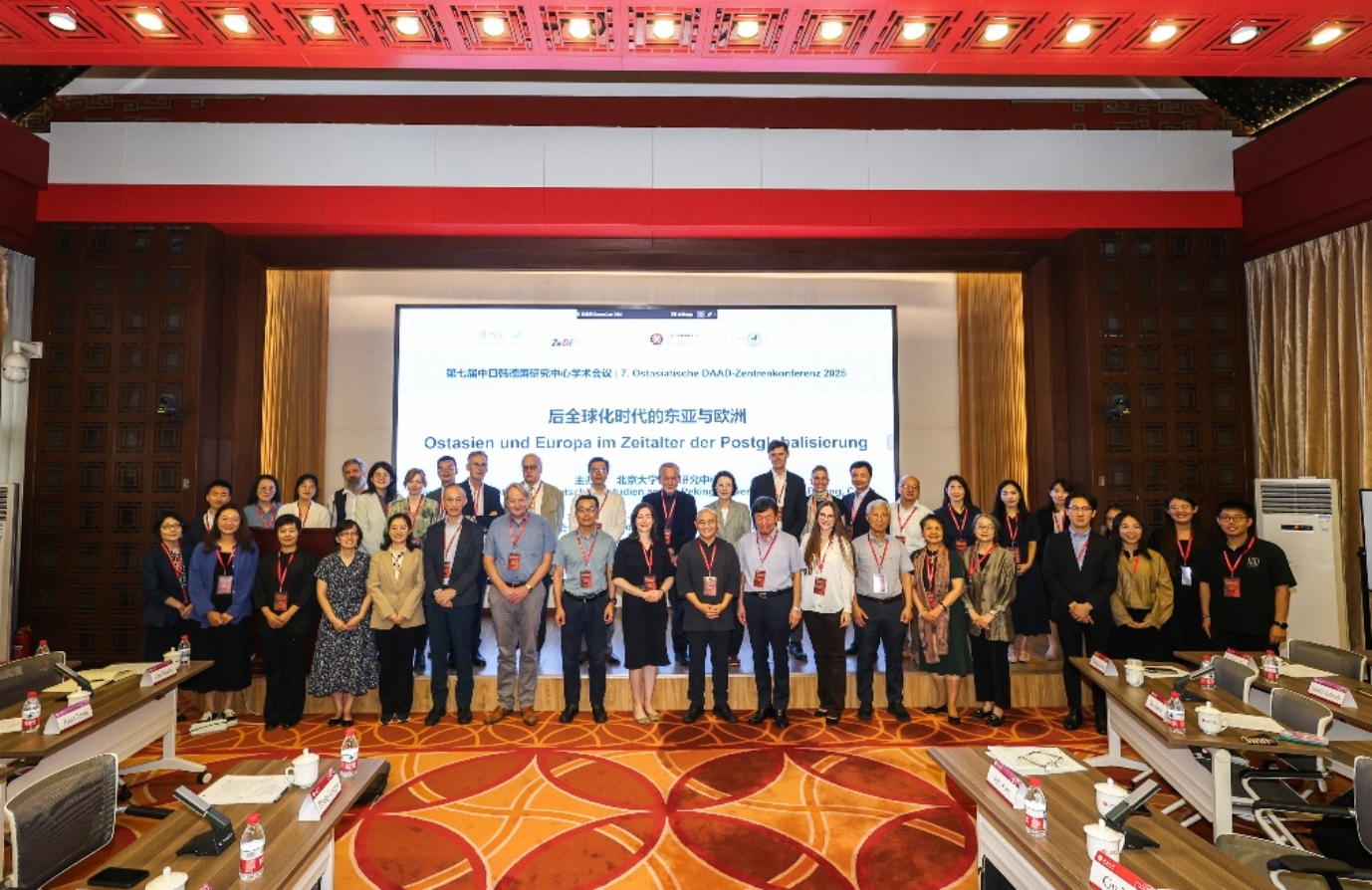
Group Photo
After two days of sessions, scholars from different countries and disciplinary backgrounds exchanged diverse and profound ideas, generating vibrant intellectual sparks. The conference concluded successfully amid enthusiastic and fruitful exchanges.
Participants unanimously agreed that the conference not only deepened academic understanding of the "post-globalization" issue but also laid a solid foundation for ongoing dialogue and cooperation among scholars from China, Japan, South Korea, and Germany. It highlighted the importance of cross-cultural and interdisciplinary exchanges in promoting the development of humanities and social sciences.
The conference team, led by Assistant Prof. Huang Chaoran, Coordinator of ZDS Beijing Office, and composed of students from the center, ensured the smooth running of the conference through their hard work. This demonstrated the professional and friendly spirit of the German Studies Center at Peking University, earning widespread praise from all parties.
Written by: Center for German Studies (ZDS) of Peking University, Master's and PhD students from the Department of German Language and Literature, School of Foreign Languages, Peking University
Photos by: Yao Yisheng, Gao Jianling
Translated by Wang Zixu
